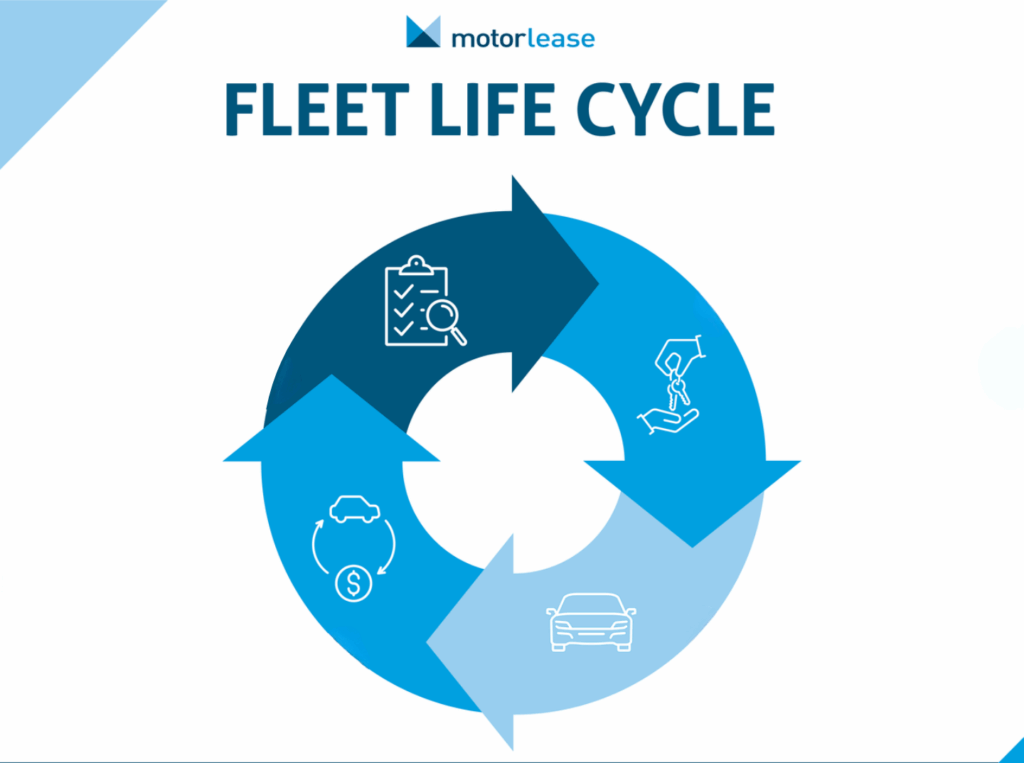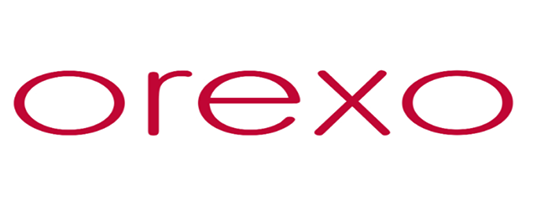Companies often struggle with the decision of whether they should provide their employees with company vehicles or offer reimbursement for the use of their personal vehicles.
At first glance, a reimbursement program may seem simpler and more cost effective from the company’s point of view. However, reimbursement programs, both mileage-based and vehicle allowances, contain several drawbacks that may not be readily evident. If your company is currently on, or is considering implementing a reimbursement program, here are 4 questions that you need to ask yourself.
In This Article
What Impact Does Reimbursement Have on My Recruiting & Retention Efforts?
Is There an Impact on My Brand Image?
Are There Any Additional Liability Risks?
Does My Reimbursement Program Decrease Employee Morale?
What Impact Does Reimbursement Have on My Recruiting & Retention Efforts?
From a human resources perspective, a company provided vehicle is one of the most sought-after benefits by current and prospective employees. In fact, according to Mike Antich of Automotive Fleet, “Repeated industry surveys show prospective employees view a company vehicle as an equivalent benefit to health care coverage and pension benefits.” What type of impact would you see on recruiting and retention if your competitors offered company vehicles while your company didn’t? Conversely, how far would a company vehicle go towards helping your company secure top talent in your industry?
Is There an Impact on My Brand Image?
The vehicles that your employees drive makes up part of your corporate image. If the company doesn’t provide the vehicle, it has no control over what the employee drives to a client’s location. Your employee arriving a customer’s building in a pickup truck covered in politically-charged bumper-stickers conveys one image; in an overly expensive vehicle, a very different image. Neither may be the image you want to portray, but under a reimbursement program, that decision lays solely with the employee. You cede all control of your brand image to your employees.
Are There Any Additional Liability Risks?
Often, when employees utilize their own vehicle for business use, they fail to carry adequate insurance coverage with the company listed as an additional insured. Furthermore, drivers utilizing their own vehicles may postpone necessary repairs out of ignorance, greed, or financial necessity. Both of these issues could create a huge liability risk for your company in the event of an accident. It has also been our experience that companies on a reimbursement program tend to be less diligent when it comes to running Motor Vehicle Reports (MVR) on employees, thus missing out on the opportunity to spot potential problem drivers before an issue arises. Compared to personal vehicles, company provided vehicles tend to be newer, with the most recent advancements in accident mitigating technology included. Company provided vehicles also allow the company to mitigate their liability exposure by ensuring that vehicles are maintained according to factory recommendations, and by ensuring that each vehicle is properly insured.
Does My Reimbursement Program Decrease Employee Morale?
A company provided vehicle can be a huge morale-booster for employees. The perk demonstrates that they’re trusted and valued members of the organization. Conversely, reimbursement programs can breed resentment towards both the company, and other employees. Employees may be unhappy that the company has placed the burden of vehicle management with them. Also, depending on the reimbursement program in place, some drivers may be overpaid while others underpaid, thus producing a sense of unfairness among colleagues. These are things that must all be taken under consideration when evaluating your company’s vehicle program.













